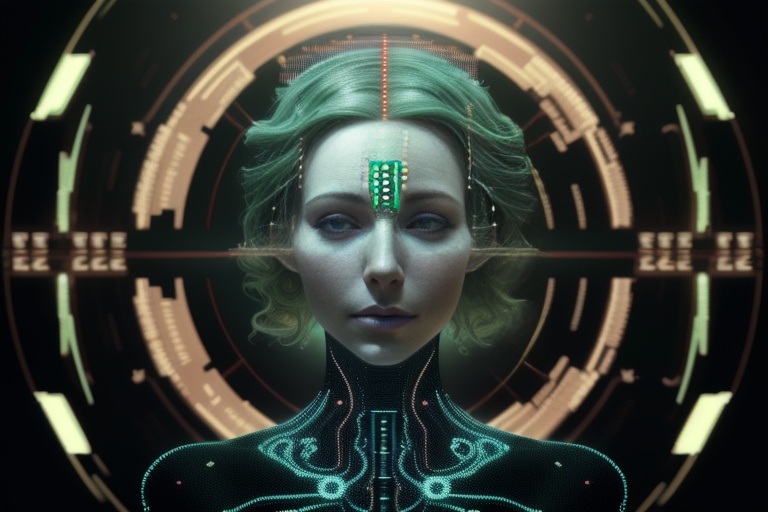Artificial intelligence (AI) has rapidly become a transformative technology, permeating every aspect of modern life. With AI applications ranging from virtual assistants to autonomous vehicles, it's an exciting time in tech. At the heart of this innovation lies the pioneering work of Alan Mathison Turing, whose early 20th-century theories continue to influence AI's trajectory.
Artificial intelligence (AI) has rapidly become a transformative technology, permeating every aspect of modern life. With AI applications ranging from virtual assistants to autonomous vehicles, it's an exciting time in tech. At the heart of this innovation lies the pioneering work of Alan Mathison Turing, whose early 20th-century theories continue to influence AI's trajectory.
The Foundations of AI: Turing's Vision
Turing, a British logician and computer scientist, is most celebrated for his theoretical work that led to the development of modern computing. His conception of the universal Turing machine in 1935 was a game-changer—an abstract computing model that operates with infinite memory. This was not just a mathematical marvel but the precursor to the stored-program computers we rely on today.
World War II put a pause on Turing's forays into AI. Still, his codebreaking efforts at Bletchley Park proved to be a hotbed of early thoughts on machine learning. Even amidst the conflict, Turing pondered the machines' ability to learn from experience, an idea that would shape the future of the field. He projected that computers might alter their instructions for the better with the progression of their learning experiences.
In a public lecture in 1947, Turing presented a vision of machines learning from past actions—a clear nod to what we now call machine learning. By 1948, he crystallized these ideas in "Intelligent Machinery," a report that, though initially overlooked, came to be recognized as a seminal text in the development of AI. Turing's speculation about networks of artificial neurons predated what's now known as connectionism, a key concept in neural network research.
Chess as a Testbed for AI
Turing’s fascination with chess was more than a pastime; it was a testbed for his AI theories. In the logical structure and complex strategy of chess, he saw a domain where AI could thrive. He explored writing chess programs and, even without the means to execute them, laid the groundwork for the computer chess programs we see today.
Fast forward to 1997, when IBM's Deep Blue defeated the world chess champion, Garry Kasparov, realizing Turing's predictions. Though this milestone was largely due to enhanced computer engineering capabilities, it showcased the potential of AI-directed strategy within defined parameters.
Evaluating Turing’s Legacy in AI
As the field of AI has expanded, Turing's foundational work remains critical. However, the chess-playing prowess of computers like Deep Blue, while impressive, did not unlock the mysteries of human cognition as Turing had hoped. Instead, it pointed to the brute computational force modern technology can wield.
How AI has evolved since Turing's time provides a snapshot into the staggering progress in both hardware and software. AI's current capabilities reflect years of dedicated research, innovation, and refinement—resulting in technologies that range from conversational bots to self-driving cars.
Looking Toward the Future
AI's progress isn't slowing; it continues to charge ahead, integrating more deeply into everyday technology. Upcoming installments in this series will explore milestones since Turing's era and contemporary advancements in AI—from the surge of machine learning to debates around the ethics of artificial general intelligence.
As we push the boundaries of machine learning and delve into increasingly complex models, we'll keep an eye on how these systems affect society, economy, and technology itself. Join us in exploring the fascinating world where computing power meets human ingenuity, as we seek to understand AI's full potential in the modern era.
Turing's exploration of AI during the mid-20th century set the stage for the tech-driven world we inhabit. His ideas, once theoretical, have mushroomed into technologies that not only enrich but also challenge our lives. Urging us to consider the legacy and future of AI, we remember Turing's original aspirations—visions that continue to propel us toward the next breakthroughs in artificial intelligence and machine learning.
Information for this article was gathered from the following source.




